What was the compromise about?

The Awami League general secretary's latest comments – about reaching a behind-the-scenes compromise or understanding with supposedly external powers ahead of the general election – have caused amusement and concerns in equal parts. Amusement because of his playful albeit cryptic manner of delivery, using sporting references at times, and the rather extraordinary content of his speech. It almost seemed like a sequel to the foreign minister's comment in August that he had "requested" India to do "whatever necessary" to keep Sheikh Hasina in power. But while the government quickly distanced itself from the earlier comment, no explanation has been offered yet after the latest one.
Coming as it does just months before the election, we cannot but feel concerned, however. According to a report by this daily, while asking party leaders and activists to prepare for the election, Obaidul Quader said: "Where are the [US] sanctions? Where is the visa policy? An understanding has been reached behind the scenes." He then added: "Delhi is there, and America needs Delhi, too. Delhi is there, as are we. Enmity with no one, friendship with all. Sheikh Hasina, daughter of Bangabandhu, has struck such a balance [in regard to relationships] with everyone that there is no need to worry. The election will be held in time." To illustrate it further, he said the "game" started in October, the semi-final will be in November, and the final in January. He accused the opposition BNP of "playing foul" which will be dealt with.
Once stripped of its metaphors and references, his statement paints a situation where the ruling party appears relieved of any external pressure on it to act in certain ways. If we are to take the comments of the second-most powerful leader of the ruling party seriously – which we should – we must ask: What was the "understanding" about, and what is it meant to achieve? What is being offered in exchange for said compromise? With whom has it been reached? Does it mean the US visa restrictions, meant to prevent obstruction of the democratic election process, are no longer a concern for the ruling party? What does it mean for other political parties then, and how will it affect the playing field before election? And how will it affect the election, and more importantly, its results?
Obaidul Quader's statement has raised a lot of questions that need to be answered. But one thing is clear: the notion of a secret agreement, whatever it might be about, is antithetical to the principles of democracy and the multiparty environment which are so essential for holding a fair election. If anything, it will only create further distrust and uncertainties in the minds of the people and opposition parties alike. In a true democracy, electoral processes should be conducted openly, with all stakeholders having equal access to information and influence. Therefore, we urge the ruling party to address the concerns caused by this statement, clarify the nature of any understanding, and ensure that the electoral process remains transparent and free at all times.

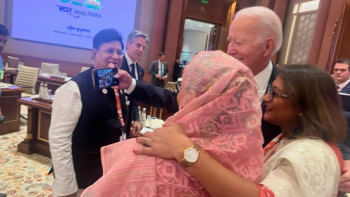
 For all latest news, follow The Daily Star's Google News channel.
For all latest news, follow The Daily Star's Google News channel. 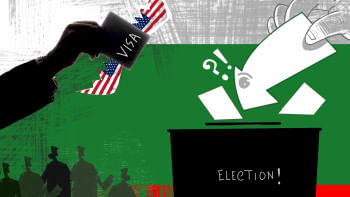



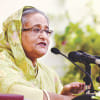

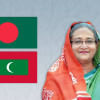
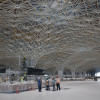
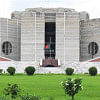


Comments